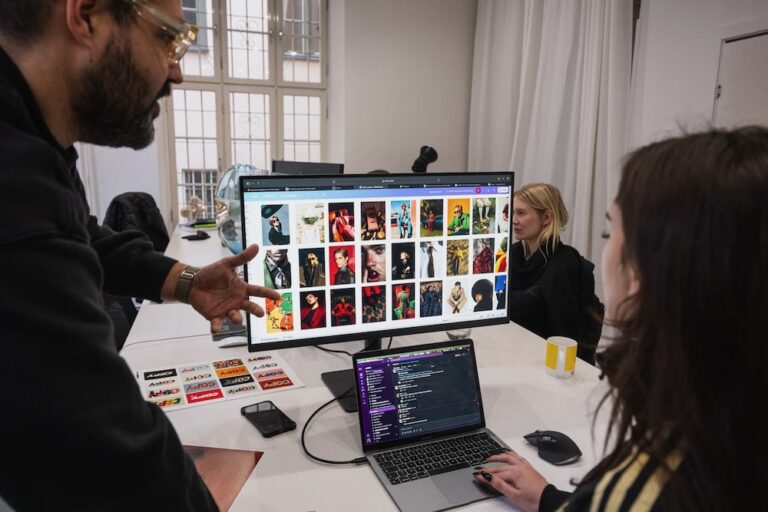In dozens of countries around the world, radios are censored, fined, or simply don't have a licence to broadcast legally, while journalists and radio directors are harassed, attacked, detained and even murdered.
May 3rd was proclaimed World Press Freedom Day by the UN General Assembly in 1993 following a Recommendation adopted at the UNESCO’s General Conference in 1991. It serves as an occasion to inform citizens of violations of press freedom. In dozens of countries around the world, radios are censored, fined, or simply don’t have a licence to broadcast legally, while journalists and radio directors are harassed, attacked, detained and even murdered. After having added, at the World Association of Community Radio Broadcasters (AMARC)’s request, community media collaborators to the list of journalists to protect by the UN, UNESCO just recognized in April 2012 AMARC as an association member. This is a huge victory for community and associative radios.
“Safe to Speak: Securing Freedom of Expression in all Media” is the theme for World Press Freedom Day 2013. On the occasion of the International Conference that will be held in San José, Costa Rica, from May 3rd to 5th and organized by UNESCO, AMARC calls for the freedom to install and to access the electromagnetic spectrum for radios, in particular for associative and community radios, and a fair frequencies allocation.
AMARC highlights that civil society broadcasters are the new frontier of communications. These women and men broadcasters play a fundamental role in situations of conflict and natural or climate change related disasters; in protecting and giving information to populations and in reconstruction processes. AMARC calls upon States and governments, and press and audiovisual regulatory authorities to respect their engagements for press and audiovisual freedom of expression.
Community radios all over the world should be able to develop and work in safe economic and legal environments. Their broadcast rights should be further recognized and reinforced. Community radios are the ones that allow the excluded and marginalized – particularly women and the poor – to express themselves publicly and these should be further recognized by the international community.
Through service to members, networking and project implementation, AMARC brings together a network of more than 4,000 community radios, federations and community media stakeholders in more than 130 countries. The main global impact of AMARC, since its creation in 1983, has been to accompany and support the establishment of a worldwide community radio sector that has democratized the media sector. AMARC advocates for the right to communicate at the international, national, local and neighbourhood levels and defends and promotes the interests of the community radio movement through solidarity, networking and cooperation.


